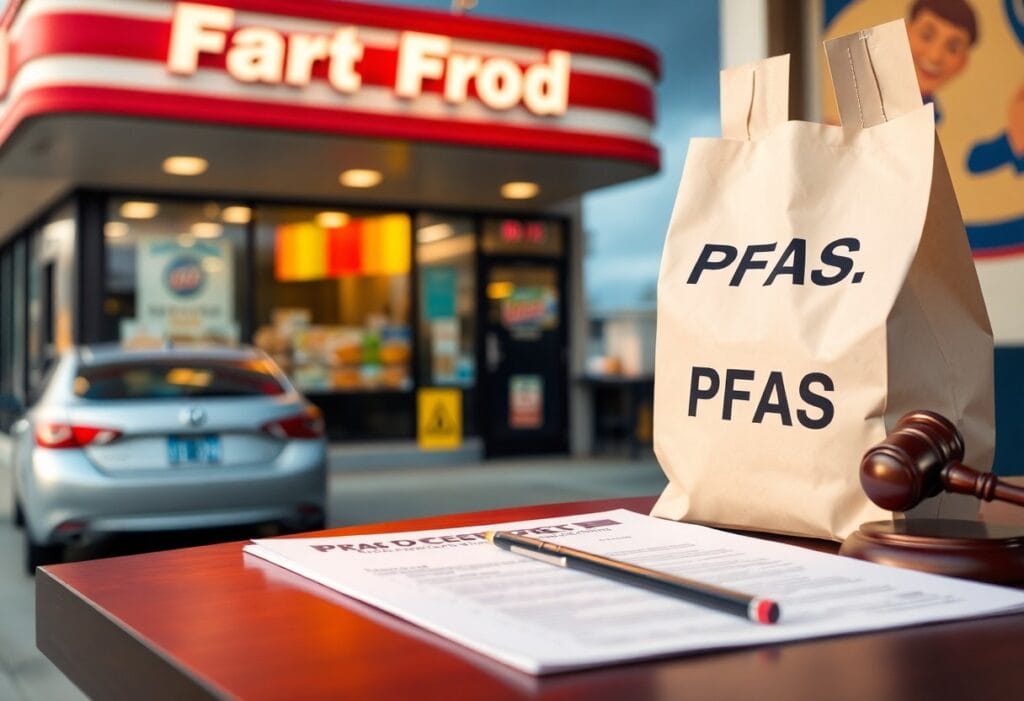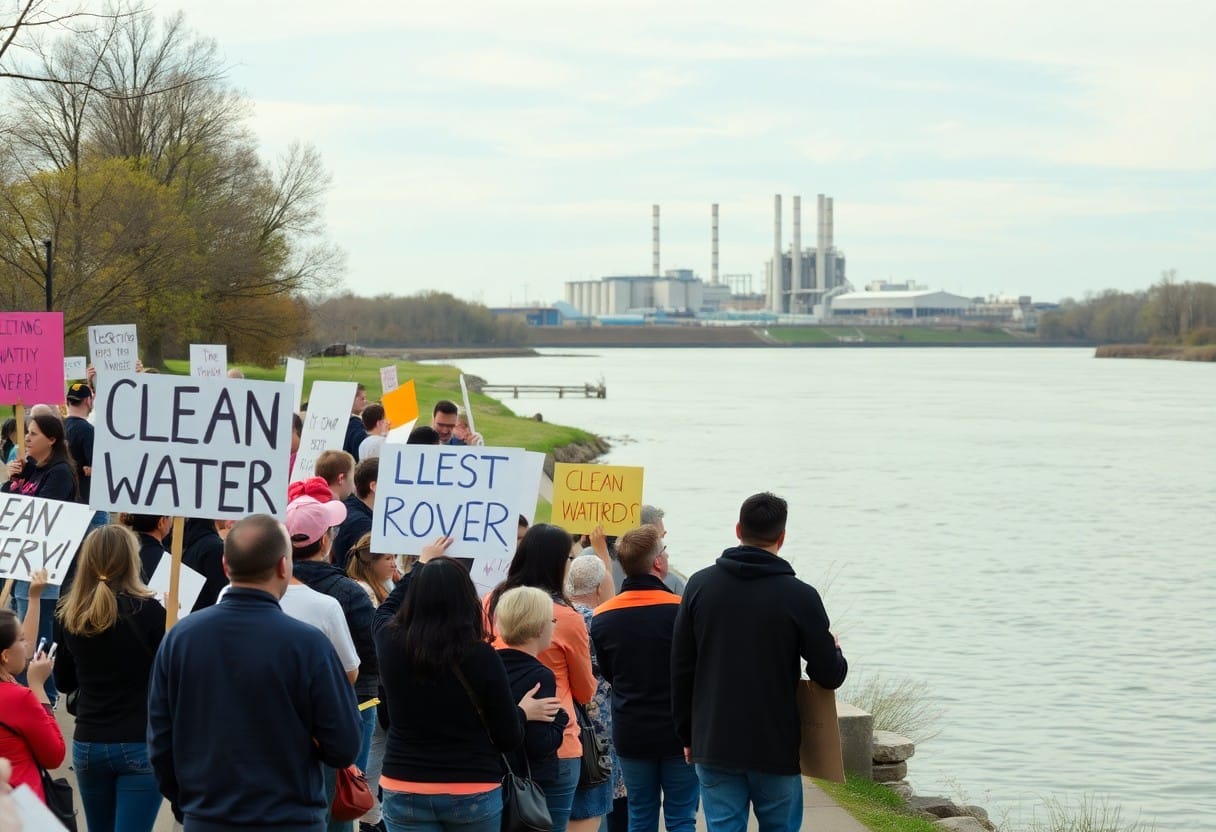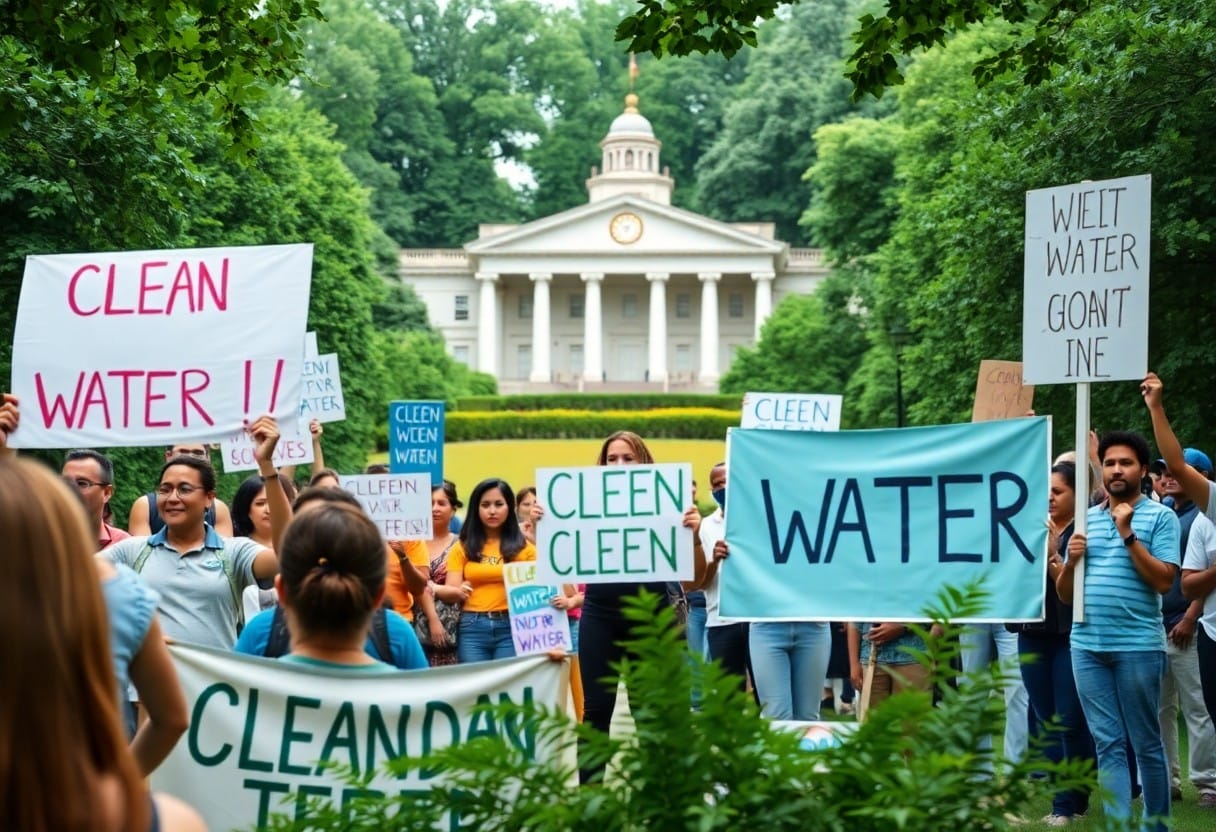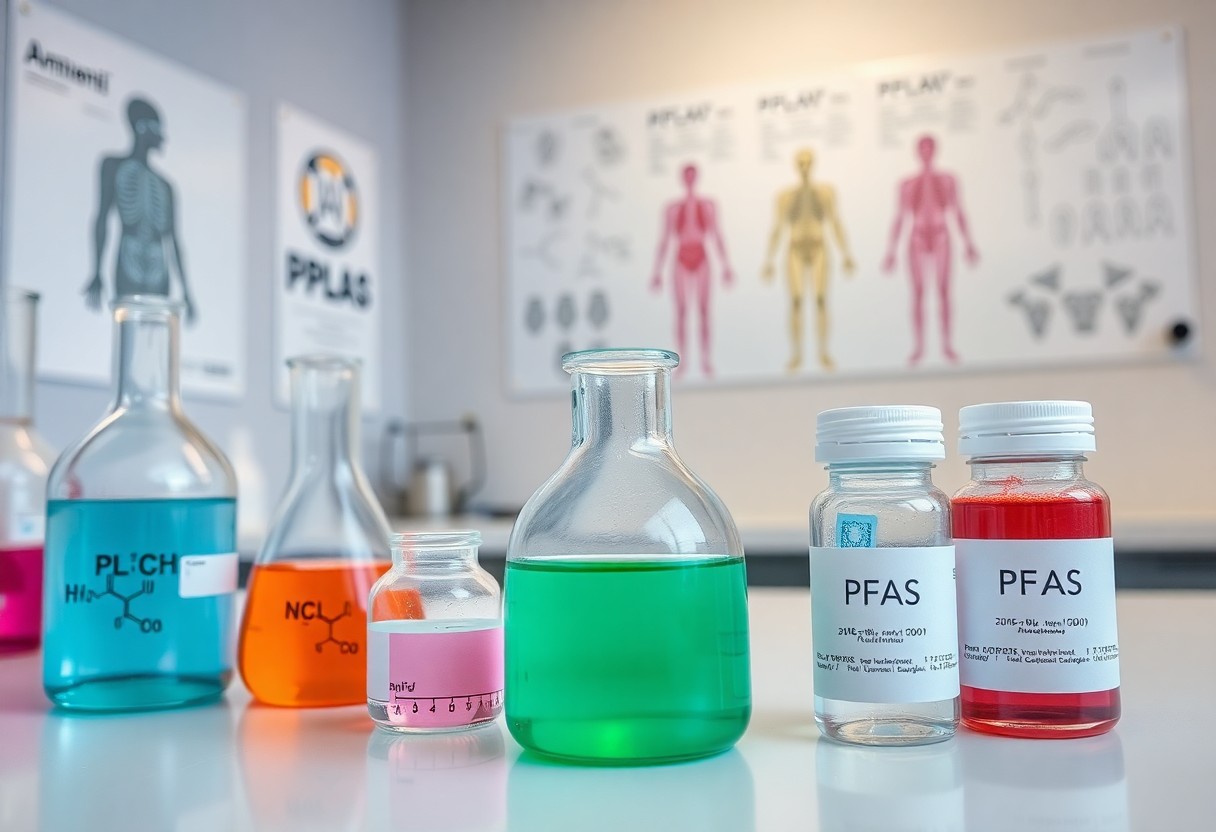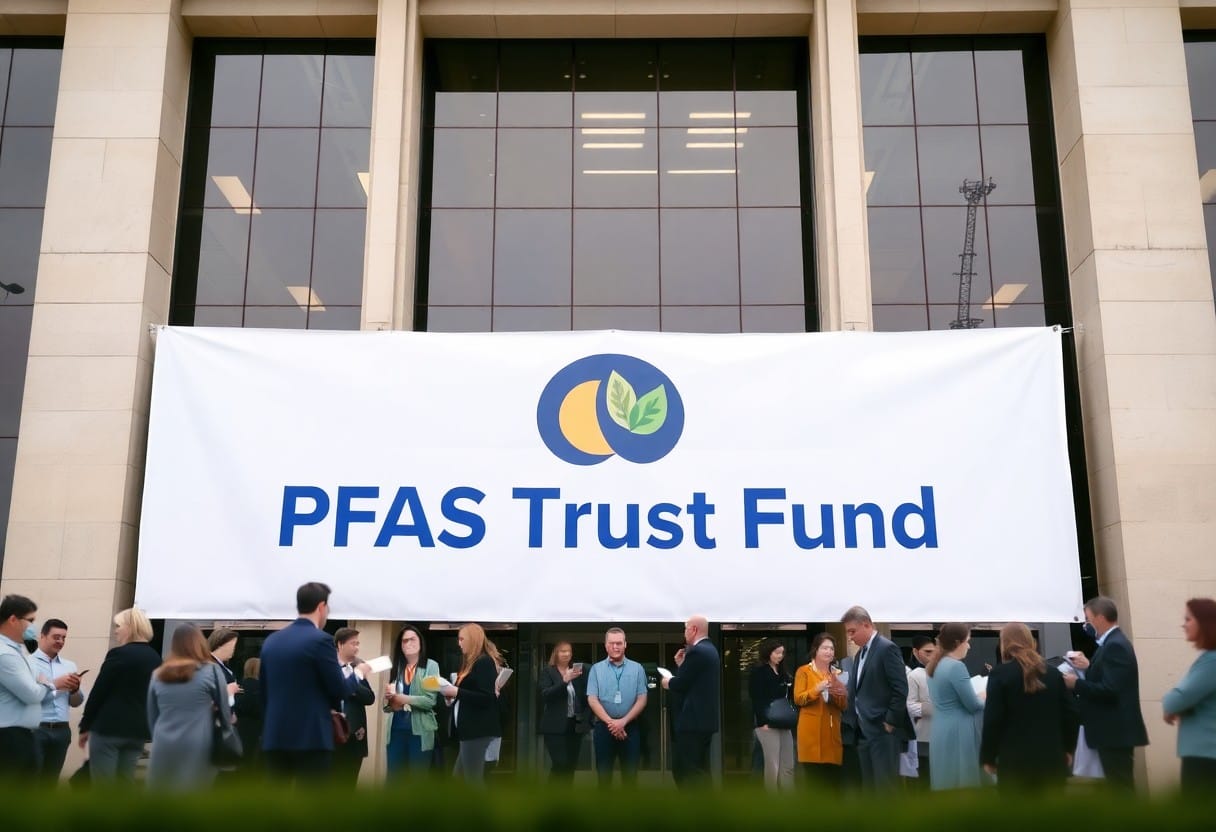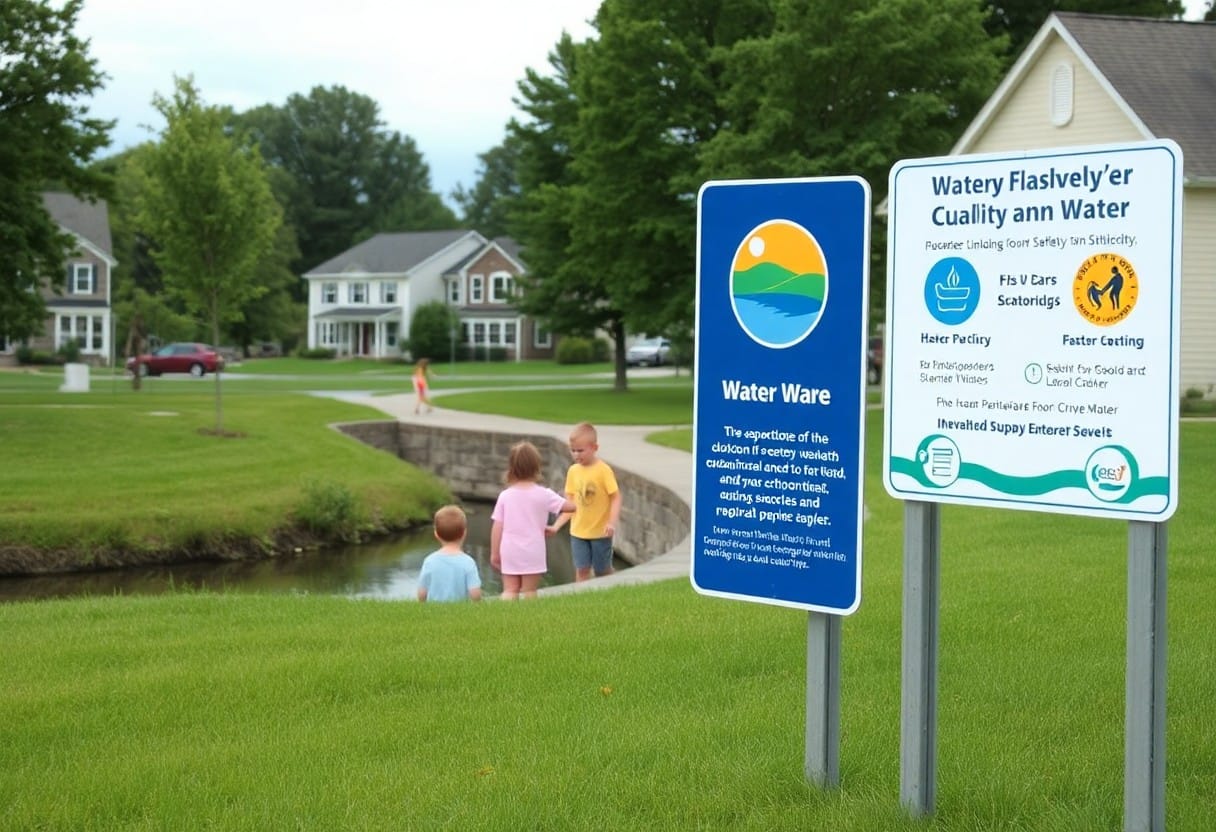It’s important for you to understand the potential risks associated with PFAS (per- and polyfluoroalkyl substances) found in fast food packaging. These harmful chemicals have been linked to serious health issues, including cancer and reproductive problems. As a consumer, you may wonder if you have the right to take legal action against fast food companies that use PFAS in their packaging. This blog post will explore your options, shedding light on the health implications of these substances and your potential for seeking justice as a concerned customer.
Understanding PFAS
Your knowledge of PFAS, or per- and polyfluoroalkyl substances, is imperative as these chemicals are commonly found in various fast-food packaging materials. PFAS are synthetic compounds known for their ability to repel water and grease, making them an attractive choice for food wrappers and containers. However, these properties also contribute to their persistence in the environment, leading to growing concerns about their impact on human health and ecosystems.
Definition and Properties
An imperative aspect of PFAS is their *high chemical stability*, which allows them to resist degradation in the environment. This stability is a double-edged sword; while it makes them effective in consumer products, it also results in *accumulation* in body tissues and ecosystems over time, raising alarms about their long-term effects on health.
Health and Environmental Concerns
Against the backdrop of widespread PFAS use, concerns about their effects on health and the environment have escalated significantly. Studies have linked *certain PFAS* to serious health issues, including *immune system dysfunction*, *liver damage*, and some types of cancer. The persistent nature of PFAS compounds in the environment raises alarms about their potential to contaminate drinking water supplies and soil, putting both wildlife and human populations at risk.
At the heart of these concerns is the understanding that PFAS are often referred to as “*forever chemicals*,” due to their ability to withstand natural degradation processes. As they accumulate in the environment, you face potential exposure through contaminated *drinking water, food sources*, and even household dust. This ongoing exposure can lead to significant health risks, including *hormonal disruption*, *cholesterol changes*, and *developmental issues* in children. Consequently, the overarching implications of PFAS on both individual health and the environment demand urgent attention and action from both consumers and regulators alike.
PFAS in Fast Food Packaging
One significant concern in the fast food industry is the presence of PFAS (per- and polyfluoroalkyl substances) in packaging materials. These chemicals are used to make food packaging resistant to grease, oil, and water, affecting items such as wrappers, bags, and containers. As you consume fast food, you unknowingly expose yourself to these potentially harmful substances, raising questions about health risks and your right to safe, non-toxic food packaging.
Common Uses in Packaging
By coating paper and cardboard with PFAS, manufacturers enhance the durability and water-repellent qualities of food packaging. This makes it an appealing option for containing greasy and moist foods while also extending shelf life. However, the chemicals can migrate into your food, which poses significant health risks, as exposure to PFAS has been linked to various serious health issues.
Regulatory Framework
Against the backdrop of rising health concerns, the regulatory landscape surrounding PFAS in food packaging is evolving. Many states are moving to implement stricter regulations on PFAS use, leading to potential changes in how fast food packaging is produced. You may find that awareness around these regulations pushes companies to adopt safer alternatives in their packaging materials, but the pace of change can vary significantly.
The current regulatory framework regarding PFAS is often inconsistent, as federal guidelines have struggled to keep pace with emerging scientific evidence surrounding the dangers of these substances. While the FDA oversees food safety, many of its regulations do not explicitly limit PFAS in food packaging. Various states have taken it upon themselves to enact their own bans or restrictions, creating a patchwork of regulations. This inconsistency may leave you uncertain about the safety of the fast food packaging you encounter. As advocacy for tighter regulations grows, understanding the impact of these frameworks on PFAS prevalence in your food can empower you to make informed choices about what you consume.
Legal Landscape
Some consumers may wonder how the legal environment surrounding PFAS in fast food packaging is evolving. Lawsuits against companies for hazardous materials, such as PFAS, are gaining traction, reflecting growing concerns about public health and safety. These cases often hinge on whether businesses adequately disclose potential risks or adhere to safety regulations, and they can set important precedents for future litigation.
Overview of Consumer Rights
Before pursuing legal action, it’s crucial to understand your rights as a consumer. You have the right to safe products free from harmful substances. Federal and state regulations exist to protect you from unsafe packaging and misleading information regarding food safety. If a product causes harm due to negligence or deceptive practices, you may have grounds for a lawsuit.
Notable Cases and Precedents
Beside the broader regulatory landscape, specific legal cases have emerged, illustrating the possibilities for consumers seeking justice. Instances where consumers successfully sued companies over PFAS exposure can inform your legal journey and highlight the seriousness of the issue.
Legal actions related to PFAS in fast food packaging have set significant precedents by underscoring corporate accountability and consumer safety. Notably, cases where plaintiffs have secured settlements demonstrate the growing recognition of PFAS’s health risks. You should be aware of these landmark cases, as they might influence future litigation strategies and consumer rights. As you navigate this landscape, the outcomes of these cases could empower you to take action if you believe your rights have been violated.
Can Consumers Sue?
For consumers concerned about PFAS in fast food packaging, the question of whether you can sue is complex. Legal action hinges on identifying harm caused by exposure and establishing liability among manufacturers or restaurants. This emerging issue is leading to an increasing number of lawsuits, but each case can vary significantly based on jurisdiction and specific circumstances.
Grounds for Legal Action
On the basis of legal principles, consumers might pursue claims under theories such as negligence, breach of warranty, or the failure to warn about PFAS risks. If you can prove that the packaging directly caused injury or posed a significant risk to health, you may have grounds for a lawsuit. Some prevalent arguments revolve around deceptive marketing practices or lack of transparency regarding harmful substances.
Challenges in Litigation
For anyone considering a lawsuit, you should be aware that legal challenges can arise. Proving a direct link between PFAS exposure and health effects can be complicated, and navigating the legal system is often arduous. Various factors such as jurisdictional limitations, costs associated with litigation, and the ability to access scientific evidence may pose significant obstacles.
Hence, pursuing litigation can be a daunting process. Establishing causation in PFAS cases requires comprehensive scientific evidence to connect your health issues directly to the packaging. Additionally, legal costs can add up quickly, and if you lose, you may be responsible for the other party’s expenses. Getting expert legal advice is important to help you assess your options and understand the potential pitfalls involved in your case.

Alternatives to PFAS Packaging
Many businesses are exploring safe and sustainable alternatives to PFAS-containing packaging. Options such as biodegradable materials, uncoated paper, and plant-based coatings are emerging as viable substitutes that do not compromise food safety or environmental integrity. As consumer demand for healthier packaging rises, you might find more restaurants prioritizing these eco-friendly choices in their takeout and delivery services.
Emerging Solutions
Beside traditional packaging, innovative solutions like compostable films and wax-coated papers are being tested and utilized. These materials aim to reduce harmful chemicals while maintaining functionality, ensuring your food remains fresh and safe. As technology advances, you can expect more manufacturers to adopt these alternatives in your favorite fast food outlets.
Industry Response
Response from the fast food industry has been mixed, with some chains proactively seeking alternatives to alleviate concerns surrounding PFAS. Many restaurants are now partnering with suppliers committed to sustainable practices, aiming to lessen their environmental footprint. This shift is significant as it reflects an increasing awareness of how packaging impact translates into consumer trust and health.
Hence, the industry’s move towards alternatives is crucial for addressing growing public concerns about the environmental and health implications of PFAS. By adopting safer packaging options, fast food chains can help reduce the risk of chemical leaching and promote a healthier ecosystem. Furthermore, as you engage with brands that prioritize sustainability, you reinforce the demand for responsible practices, potentially influencing wider change in the industry.
Consumer Awareness and Advocacy
After becoming aware of the potential risks associated with PFAS in fast food packaging, you can greatly influence change by supporting safe practices in the food industry. As consumers, your choices matter—the shift toward more sustainable food packaging often begins with your voice and purchasing behavior. By advocating for transparency and demanding safer alternatives, you can encourage businesses to prioritize your health and that of the environment.
Role of Consumer Education
Consumer education is imperative in equipping you with the knowledge needed to make informed decisions. Understanding the implications of PFAS can guide you in selecting fast food options that minimize exposure to these harmful chemicals. Awareness campaigns can empower you to ask critical questions about food packaging and support brands committed to safer practices.
Advocacy Groups and Movements
To amplify your impact, consider aligning with advocacy groups dedicated to addressing PFAS pollution. These organizations work tirelessly to raise awareness, conduct research, and push for regulatory changes that protect your health and the environment.
A wide variety of advocacy groups focus on the dangers of PFAS in food packaging and its potential health impacts. These organizations often conduct extensive research, revealing how PFAS can accumulate in your body and the environment, leading to severe health issues over time. They also host campaigns to educate the public and push for legislation that limits the use of these chemicals in consumer products. By joining forces with such movements, you can amplify your voice in demand for safer food packaging solutions, thus fostering a healthier planet for yourself and future generations.
Final Words
So, as you navigate the growing concerns about PFAS in fast food packaging, it’s imperative to understand your rights and options. Current legal avenues for suing manufacturers may be limited, but staying informed empowers you to make better choices as a consumer. Advocate for transparency and support legislative efforts aimed at regulating these substances in food packaging. Ultimately, your actions contribute to a broader movement toward safer, healthier food practices.


